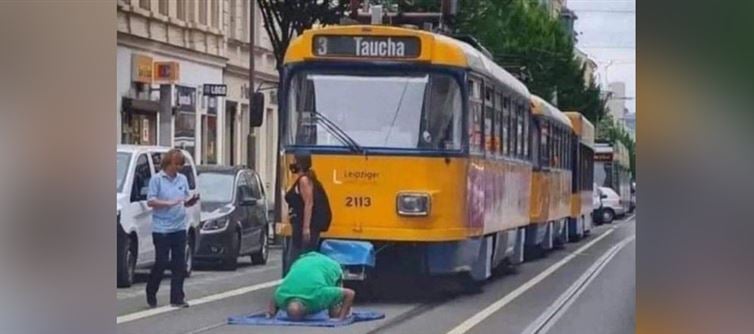
However, attributing public prayer solely to intimidation or dominance misrepresents the motivations of the vast majority of Muslims. For practicing Muslims, prayer is a daily religious obligation performed at specific times, and when no private or designated space is available—such as during travel—they may perform it in a quiet corner or outdoors. This is not inherently an act of provocation, but an expression of devotion. While it’s reasonable to discuss how and where public prayer happens, especially when it affects others, assigning sinister motives across the board reflects bias rather than balanced critique.
It's important to avoid framing religious practices—especially those unfamiliar to some—as threats. Doing so only deepens divisions and fosters misunderstanding. A society that values freedom of religion must apply that principle consistently, ensuring that no group is unfairly stigmatized for practicing their faith. The solution lies in reasonable accommodation and mutual respect: ensuring prayer does not disrupt public order, while also allowing space for religious expression in a diverse and pluralistic environment.




 click and follow Indiaherald WhatsApp channel
click and follow Indiaherald WhatsApp channel